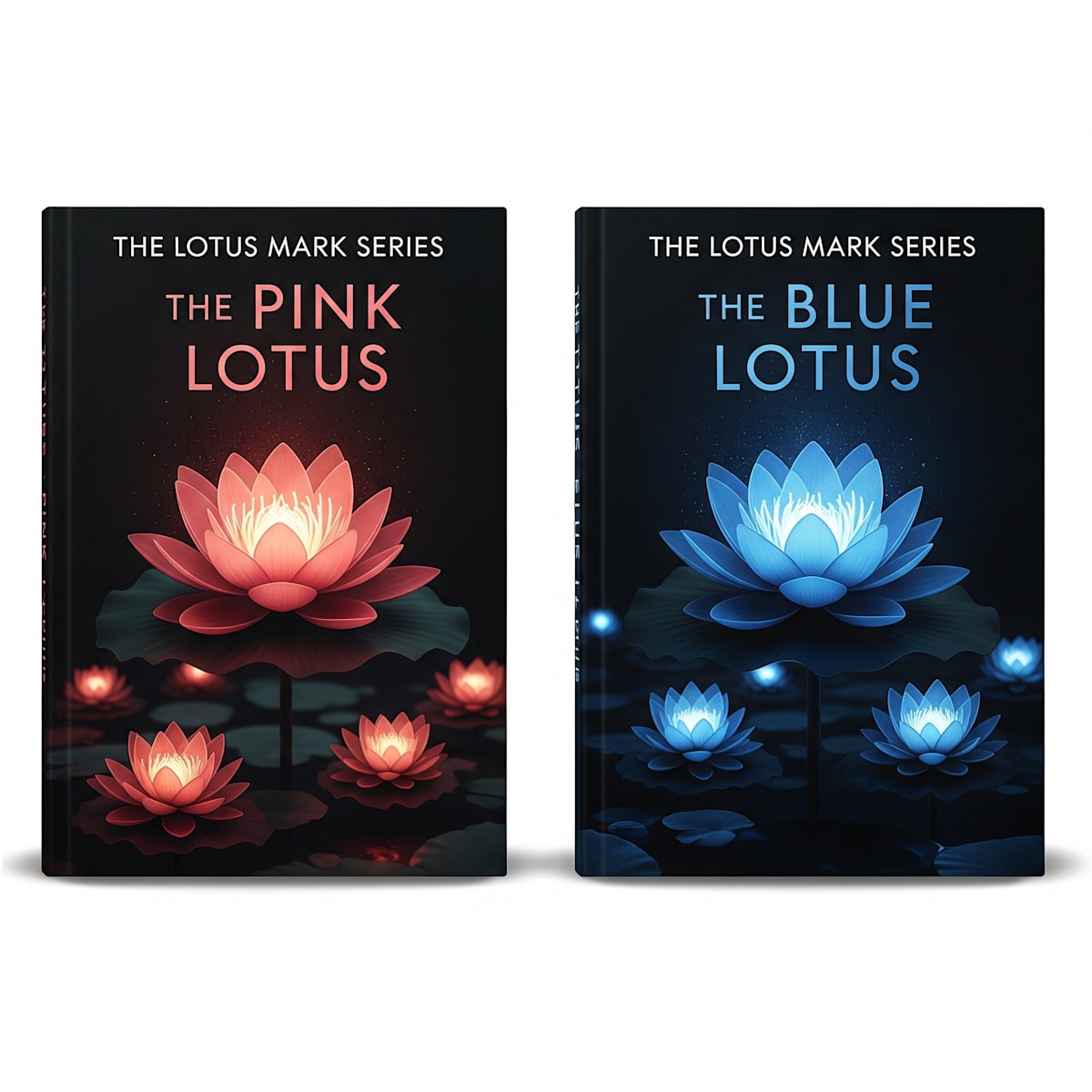In the writing community, there’s a conversation happening right now that is passionate, important, and sometimes very difficult. It’s about the role of Artificial Intelligence in the creative process.
I’ve recently been on the receiving end of some of this difficult feedback because I’ve been open about my use of AI tools. I want to address that directly, not just for my own sake, but because I believe this is a conversation that requires honesty and nuance. First, let me be clear: The concerns many writers have about AI are completely valid. Fears about copyright infringement, the rise of soulless, machine-generated content, and the potential for technology to devalue the human heart of storytelling... I share these worries. The craft of writing is sacred to me. It's why I started this journey.
So, if I love the human craft of writing, why would I use AI at all? For me, it’s not about replacing the creative act, but supporting it. It’s a tool, and like any tool, its value depends entirely on the intention of the person using it. For those who have followed my work, you know that I write about difficult, complex themes... trauma, addiction, systemic failure. The emotional and structural weight of these stories is immense. Sometimes, the sheer volume of research, timelines, and character arcs can be overwhelming. It can lead to a kind of creative paralysis, where the story I want to tell gets lost in a fog of disorganized data. This is where I use AI. Not as a writer, but as an assistant.
It’s important to me that readers and fellow writers understand how I use this tool, because I believe in ethical and transparent creation. I want to pull back the curtain. AI is my brainstorm partner. I might ask it, "What are common procedures for a missing person's report filed in the 90s?" to ensure accuracy. AI is my organizer. I might feed it a messy, bullet-pointed list of plot points for a chapter and ask it to help me structure them into a coherent sequence. AI is my thesaurus on steroids. When I’m stuck on a sentence and have used the word "grit" for the tenth time, I might ask it for alternative ways to describe a character's resilience. The story, the soul, the struggle... that is all human. That is all mine. The AI is a hammer, not the architect.
I understand that for some, any use of AI in a creative field is a line they are not willing to cross, and I respect that position. The literary world is built on the passion of individuals, and we should all be wary of anything that threatens to homogenize or automate the unique spark of human creativity. My commitment, to you and to myself, is to always be the author of my work. To tell stories that are authentic, deeply felt, and born from human experience. The tools I use may evolve, but my core principles as a writer will not. Thank you for reading, and for being part of this challenging but essential conversation.
Deanna LaForce RN
